Instagram is curbing influencers' earning potential, and it makes complete sense
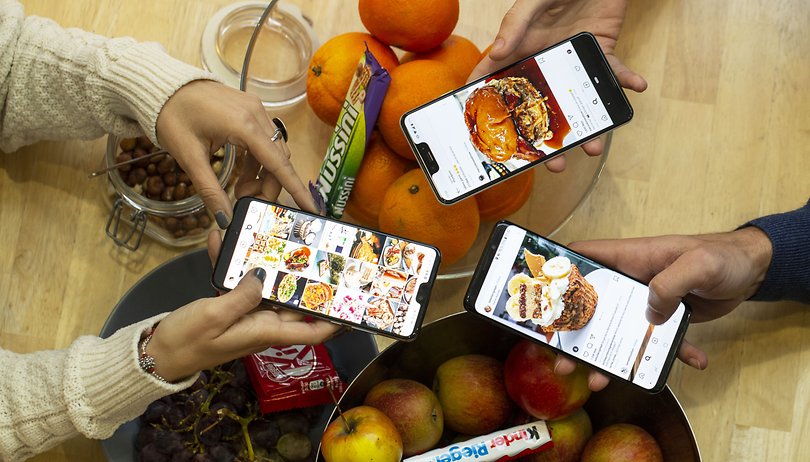

Recently, Instagram has made a decision that could soon see the removal of showing the number likes on posts and views on videos. Although it is a way to re-establish the social focus, some users have started to react badly.
By doing this, Instagram is finally acting in an attempt to make people feel less pressured by immaterial likes. However, although the change is still in a testing phase (and only in a few selected countries), those chosen as testers have not reacted very well.
For some, Instagram is more than just a method to share photos with friends and family. Mikaela Testa (alias fuckmik), for example, is an Australian model with about 13,000 followers. She uses Instagram as her personal portfolio and, therefore, to earn money. Unfortunately for her, her world has just collapsed. Many of her followers have stopped double-tapping on her photos because they no longer see the total number of likes on her posts.
How NOT to react to the removal of likes
Since Instagram changed its rules, Mikaela said she noticed a sharp drop in engagement on her posts. Does that make sense? Of course, yes, for at least two reasons:
- The 'like' has mostly become a passive tool of habit, rather than to suggest that the content itself interests the user. To be clear, I call it "the sheep theory": I see a few likes? No double tap. I see so many likes: Double, triple, quadruple tap! Ergo: the fact that users could no longer see the number of likes obtained by Mikaela discouraged them from giving the model yet another little heart.
- For the reason given above, it appears that Mikaela's engagement strategy was a complete flop. What she thought were her real followers are actually people who don't really care about the content she published. They were just following the crowd.
However, instead of thinking in a rational way, Mikaela reacted wrongly, leading me to laugh and crackle the other day. The model shared a video on her profile where she lets off steam by crying, accusing Instagram of having "destroyed her profession". She was earning $1,000 for every 1,000 likes, apparently.
In the following hours, someone certainly managed to make her reason enough to convince her to rectify the complaint. Deleting the video would not have made sense in a reality in which everything that is published on the Internet remains on the Internet. The video was immediately shared around the world, was downloaded and promptly republished.
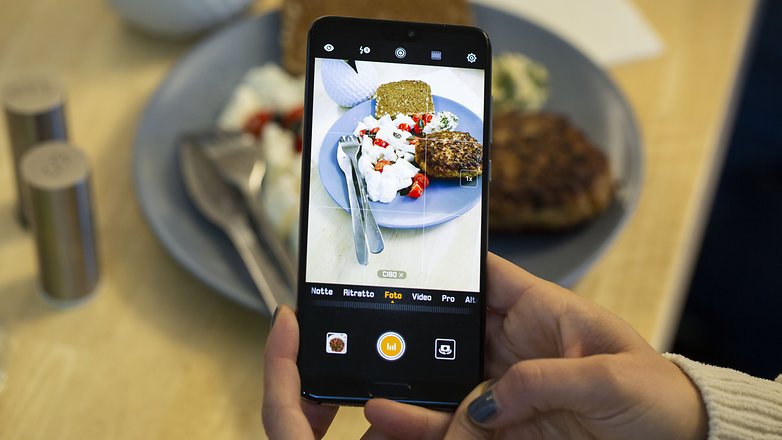
"Regardless of what you might think, Instagram is a real job and those in the industry have worked hard to get where they are. Strangers think it's a joke. I've spent blood, sweat and tears and now it's being taken away from me. This is not only my suffering, but also that of every brand and company I represent."
Assuming that a brand can find another influencer simply by snapping its fingers, I doubt that companies are suffering. The question is, has Mikaela really wasted time? My answer is yes, she wasted it for two simple reasons:
- She has attracted the wrong target audience
- She based her only source of income on a platform on which she has no control and which could change the rules of the game from one moment to the next
With regard to the first point, there is certainly a positive aspect that the model has not considered: with this move, Instagram has automatically analyzed her audience and, consequently, forced her to build an audience of people who comment on her posts and leave her a nice that are truly interested in her content. That's the goal Mikaela should be aiming for.
In any case, after clarifying her useless anger, the model decided to take a "big break" from Instagram and social media. How long do you think it took her to return? I'll keep it short: it's only been a day. Let's hope at that she has understood and that she can follow the right path from now on, at least.
Likes have never been 'real' engagement
The latest Trust Insights report on Instagram involvement allows for very interesting reading, especially considering that collaboration with brands as the only way that influencers earn money. Trust Insight reviewed 1,430,995 posts from 3,637 known brand profiles (stories not included) in order to ascertain the average overall engagement rate (likes and comments).
The report states that: "Since the beginning of May, the average engagement of the profiles examined has decreased precipitously over time and is now around 0.9%. This represents a decrease of 18% at the beginning of the year." Trust Insights then focused on influencer profiles and it turns out that fashion influencers have gone from an average engagement of 4.3% to 2.4% (44% less).
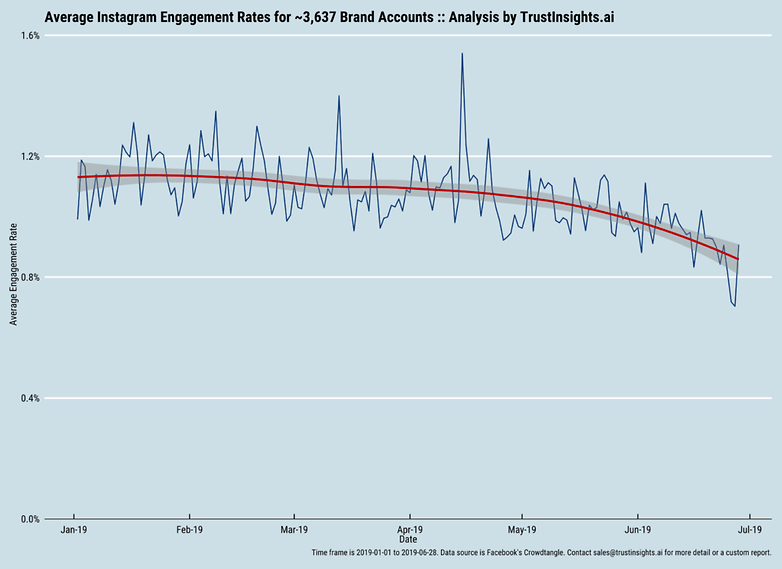
The Atticism, a well-known Australian agency that promotes some important influencers, said: "We have so many customers who chase likes without really understanding what the ultimate goal is. The collection of likes has no influence and we do our best to explain it to them. Unless someone actually influences an industry (which is unlikely), they have no reason to be called influencers."
From an influencer company, it sounds like a joke, but it's the truth.
Instagram is a company that aims to profit
Let me make one thing clear: if you are thinking that the tone in which I am writing this article is harsh, then I apologize in advance, but I assure you that my outburst has not yet reached its peak. This is because my frustration with 'non-expert' influencers (you will soon understand the meaning of this term) gives me a sense of satisfaction and happiness. Yes, I am particularly happy with the change made by Instagram (which we must remember is just a test, for now), because the social media giant has finally understood that the time has come to break a paradigm. And if the solution is to turn your platform inside out like a sock, then I welcome it!
You may think it's the wrong choice, but in reality, the decision is well thought out. Instagram justifies itself by inviting users to focus more on the content of photos and videos and not on the number of likes they get. However, I am of the opinion that there is more to it than that.
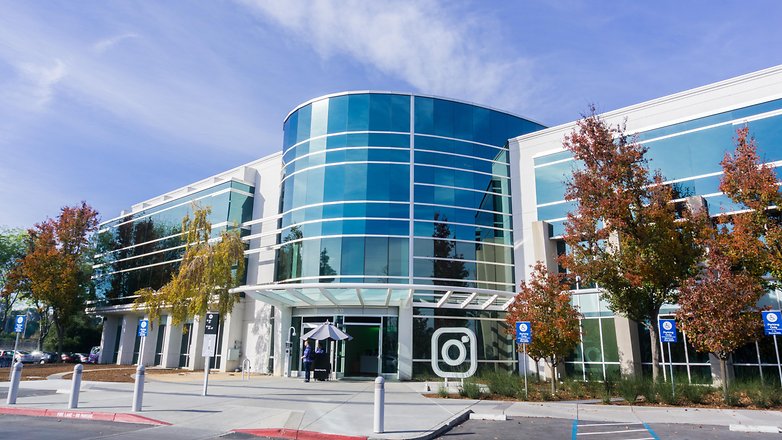
The number one rule of a company so big that it has more than a billion users like Instagram at its disposal is clear: squeeze them for profit, clear and simple. By removing the number of likes, the platform has eliminated what until now has been a real bargaining chip used by influencers to earn money. The more likes you get, the more popular you become, the more popular you are and the more companies will decide to invest in you.
Needless to say, only the influencers benefited from this model and not the platform itself, which has gradually become more toxic and has been enriched by a completely non-target audience. So, the only way that Instagram could use this audience to increase its revenue was to force influencers to become popular by using a tool that the company particularly likes: pay and sponsor their posts.
Is this a test or not, then? Yes, but certainly not for the reason that Instagram publicly declares, but for the sake of profit. What will really happen is that Instagram's advertising revenue will increase and you will never see your loved ones likes again.
Small businesses now have a chance
The positive repercussions of this are for small companies wanting to run sponsored posts on the platform. Do you know how many company profiles there are on Instagram? 25 million globally. And do you know how many of these profiles sponsor Instagram posts monthly? Only 2 million. Do you see where I am going here?
Although the latest data indicates that advertising spending on the platform has increased by 177% compared to Facebook year on year, the gap between companies that pay and those that simply use it is a big problem. It's the same as owning a bar and allowing people to sit down and eat food they've brought from home, whilst dipping their fries in your ketchup.
Small businesses represent the highest share of all companies operating in the world, so it is undoubtedly necessary to pay attention to them, as they are a key strategic goal not only for Instagram, but for virtually all companies operating in B2B.
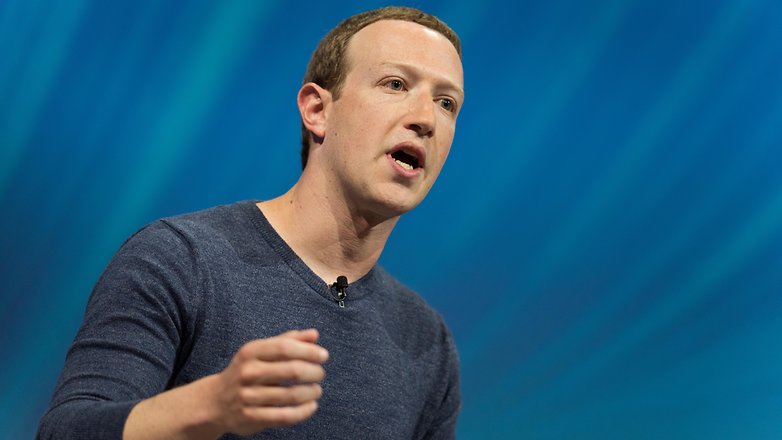
However, if you have a small to medium-sized company (SME) and you sponsor on Instagram you will know that it is not at all easy to convert leads (potential customers) within the platform, especially because of the "like number". It is scientifically proven that companies with a high level of "social evidence" have a high conversion rate and can boast a lower customer acquisition cost, a crucial aspect, especially in online selling.
Would you eat in an empty restaurant? Would you queue up for a nightclub where no one goes? Would you click on an ad with zero likes? No! The solution? Goodbye to social rehearsals. By stripping people of their ability to see how many likes an ad has received, Instagram allows small businesses to advertise without fearing that their ads will be ignored because of low engagement.
Transparency between influencers and their audience is a thing of the past because Instagram has hidden one of their most obvious metrics in order to help those who really matter, companies willing to pay.
The false commandments of being an influencer
Well, we've reached the point where I become presumptuous and from the height of my 30 years I tell you exactly how things are, so maybe I'll save you some tears as soon as you see your "engagement" go down. Here are some false ideas people have about Instagram:
"I can use Instagram to earn money"
First of all, get the conviction out of your head that by signing up for Instagram you can easily earn money. The same principle also applies to YouTube and to those who create a channel to "make money". (You keep believing that, if you want).
"They changed everything, you fuckers!"
Instagram is not your home! Do you realize that the platform is owned by the board of directors of Facebook and that at any time it is able to change the rules as it sees fit and, above all, without necessarily asking your permission? Tomorrow it could close forever. You do not control any of this.
"Instagram has to listen to me because I'm valuable!"
Do you really think that such a large company cares more about complaints from users crying in front of the camera than about their earnings? The various Facebook privacy scandals obviously didn't teach you anything...
"Instagram is my job"
How the hell does it make sense to you to get 100% of your earnings from a single source not controllable by yourself? Never and I repeat, never, base your income on a single, precious source. If you bet on Instagram you would make the same mistake as YouTubers did when Google changed its monetization rules. How many complained? So many. Has YouTube changed the rules? No. Advertisers are in charge, get over it!
How do you think the situation could evolve? Is it just a nightmare from which the influencers will sooner or later be able to wake up, or has the end really come for most of them?

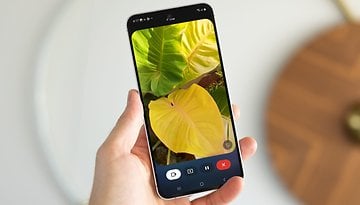
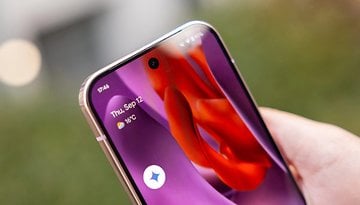










-
Admin
Aug 2, 2019 Link to commentWhatever the reason of this move I hope it snowballs and extends to Youtube, Twitter, Facebook and any other social media. About time this madness ends. I have a small company, one (real) grocery store and I am bombarded by requests of people wanting freebies and sponsorships in exchange of supposed media exposure. Time to put a stop to this madness and they should get a real job.